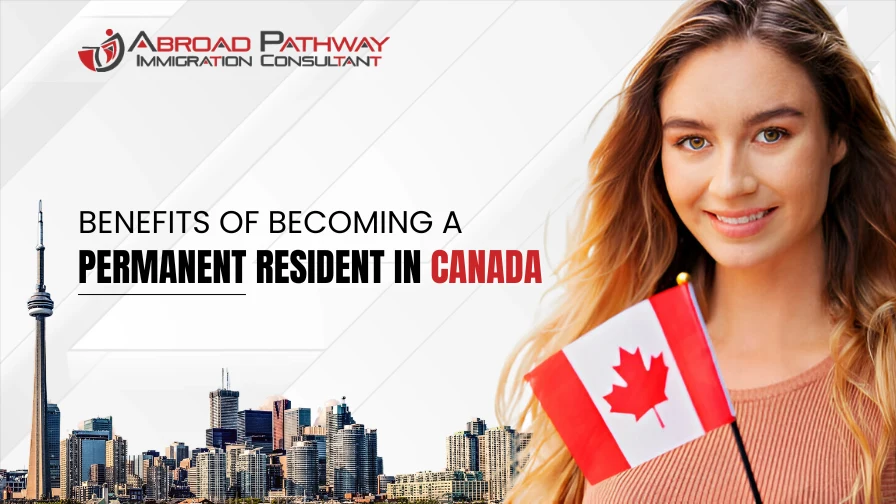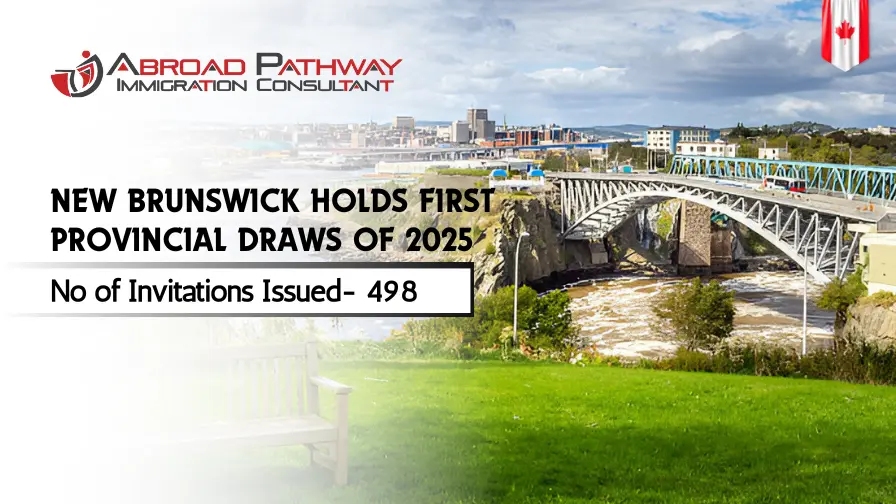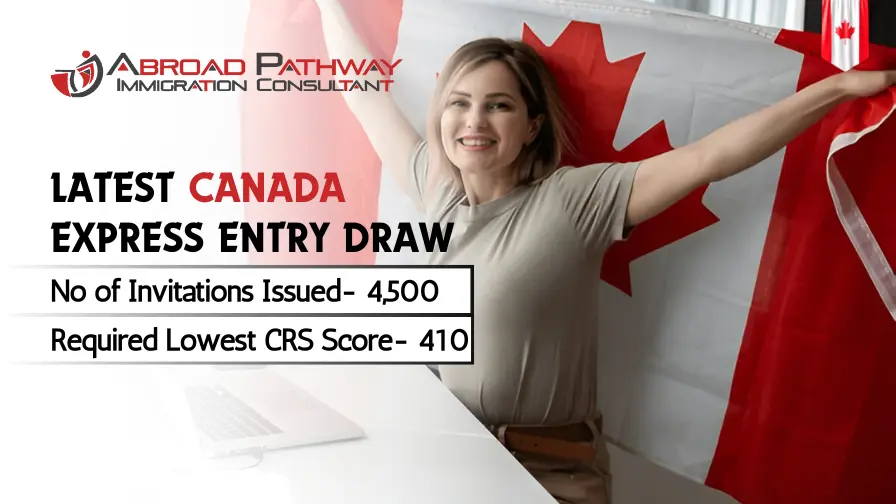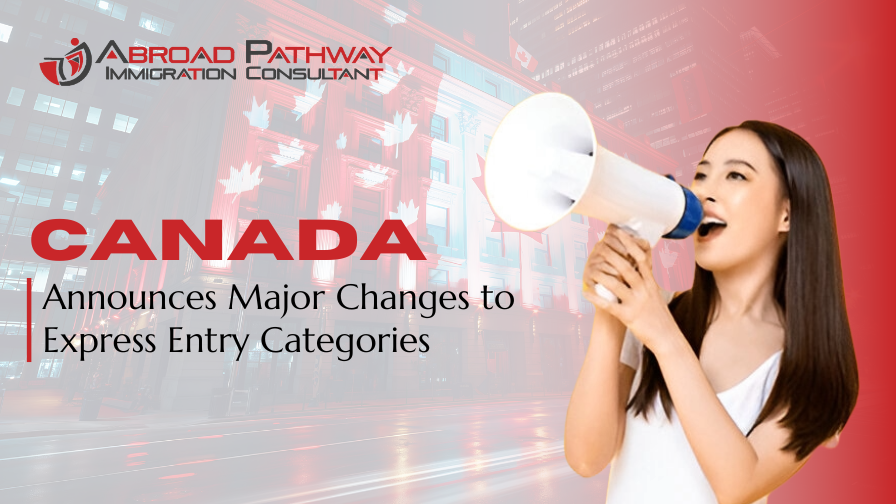Getting a work visa for the Netherlands can seem a bit overwhelming at first, but it doesn't have to be. Whether you're looking to work as an employee, start a business, or join a highly skilled team, understanding the process and requirements is key. This guide will walk you through everything you need to know about the Netherlands work visa - process, requirements, and even how to do it for free if possible.
Key Takeaways
- Different types of work visas exist depending on your job and situation.
- General requirements apply to all visa types, but specifics can vary.
- The application process can be complicated, so consider using an immigration service.
- Costs can add up, so be sure to budget for application fees and other expenses.
- Common mistakes can delay your application, so double-check your documents.
Understanding the Netherlands Work Visa
Overview of Work Visa Types
The first thing to know is that there are different kinds of work visas, depending on what you'll be doing. It's important to figure out which one fits your situation best. There's the standard work visa, but also specific ones for self-employment and highly skilled migrants. Each has its own requirements, so doing your homework is key.
Duration of Stay
How long do you plan on staying? This is a big deal when it comes to visas. If you're only planning to work in the Netherlands for less than 90 days, the rules are different. For longer stays, you'll definitely need a work visa or a residence permit that allows you to work. The type of visa you get will often dictate how long you're allowed to stay, so plan accordingly.
Visa Validity Period
The validity period of your visa is how long you're legally allowed to be in the Netherlands. This isn't always the same as the length of your job contract. Your visa might be valid for a year, or maybe even longer, depending on your situation and the type of visa you have. Keep a close eye on the expiration date, because overstaying can cause problems for future visa applications.
It's worth noting that the Dutch immigration authorities are pretty strict. Make sure all your paperwork is in order and that you understand the terms of your visa. Getting it wrong can lead to delays or even rejection, and nobody wants that.
Requirements for a Netherlands Work Visa
So, you're thinking about working in the Netherlands? Awesome! But before you start packing your bags and dreaming of windmills, there are some requirements you need to meet to get that work visa. It's not always a walk in the park, but with a bit of preparation, you can make the process smoother. Let's break it down.
General Requirements
There are some basic things everyone needs, no matter what kind of work visa you're after. Think of it as the foundation you need to build on. These are the non-negotiable.
- A valid passport: Make sure it's not expiring anytime soon!
- A clean criminal record: They'll check this, so be honest.
- Proof of sufficient funds: You need to show you can support yourself.
It's important to remember that the Dutch immigration authorities are pretty thorough. They want to make sure you're coming to the Netherlands for the right reasons and that you won't become a burden on their system. So, be prepared to provide detailed information and documentation.
Specific Requirements Based on Visa Type
Now, this is where things get a little more specific. The requirements change depending on the type of visa you're applying for. Are you going to be a regular employee, self-employed, or a highly skilled migrant? Each one has its own set of rules. For example, if you're aiming for the Highly Skilled Migrant scheme, there are salary thresholds you need to meet. It's all about matching your situation to the right visa category.
Documentation Needed
Alright, time to gather your documents! This is where you'll spend a good chunk of your time. Make sure you have everything in order, and that it's all translated if needed. Here's a general idea of what you might need:
- Valid passport- Your main identification document
- Passport size photos- Make sure they meet the official requirements.
- Job contract- If you have a job offer, this is important.
- Education certificates- Proof of your qualifications.
- Work experience- Reference letters, employment certificates, or a detailed CV.
- Evidence of salary meeting the required threshold- Payslips or an official job offer stating your salary.
- Health insurance coverage- Proof that you’re insured, as required for your stay.
- Municipal registration – Once you arrive in the Netherlands, you’ll need to register where you live.
And remember, this is just a general overview. Always check the official website of the Dutch Immigration and Naturalization Service (IND) for the most up-to-date and accurate information. Good luck!
Types of Netherlands Work Visas
Each type of Netherlands work visa comes with its own specific requirements and conditions. It's important to figure out which one fits your situation best. Let's break down some of the common ones.
Regular Paid Work Visa
If you're planning to work in the Netherlands as a regular employee, you'll likely need a Regular Paid Work Visa. This is for people who have a job offer from a Dutch employer. The employer usually needs to apply for a single permit called a GVVA single permit, which combines the residence and employment permits. This permit shows that you have the right to both live and work in the Netherlands. Keep in mind that there are some exceptions, like for EU citizens.
Self-Employment Visa
Thinking of starting your own business in the Netherlands? Then the Self-Employment Visa is what you need. This visa is for entrepreneurs who want to run their own company. You'll need to show that your business will benefit the Dutch economy. This might involve proving that your business is innovative or that it will create jobs. It's a bit more involved than just having a good idea; you need a solid business plan and the resources to back it up.
Highly Skilled Migrant Visa
This visa is a popular option for companies looking to bring in talent from outside the EU. The Highly Skilled Migrant Visa is designed for people with specialized knowledge and skills. One of the big advantages of this scheme is that employers usually don't have to get a separate work permit (TWV) or go through a job market test. The application process can be more efficient and cost-effective. To qualify, the job offer needs to meet certain salary requirements based on your age group. It's a pretty straightforward way to work in Netherlands if you meet the criteria.
It's worth noting that the rules and requirements for these visas can change, so it's always a good idea to check the latest information on the official immigration website before you start your application. Getting it right from the start can save you a lot of time and hassle.
Application Process for a Netherlands Work Visa
So, you're thinking about getting a work visa for the Netherlands? It might seem daunting, but breaking it down into steps makes it manageable. Let's walk through the process.
Step-by-Step Application Guide
First things first, figure out which visa you actually need. This depends on your job, how long you're staying, and your nationality. Once you know that, you can start gathering your documents. The application process can be complex, so pay attention to detail.
- Determine Eligibility: Not everyone needs a visa. EU/EEA citizens, for example, usually don't. Check if you're exempt.
- Gather Documents: This includes your passport, job offer, proof of qualifications, and more. Make sure everything is translated if it's not in Dutch, German, French, or English.
- Submit Application: If your employer is sponsoring you, they usually handle this. Otherwise, you'll need to apply at a Dutch embassy or consulate. You can apply personally at a Dutch embassy or consulate abroad.
- Attend Interview: You might need to attend an interview to discuss your application. Be prepared to answer questions about your job and your reasons for wanting to work in the Netherlands.
- Wait for a Decision: Processing times vary, so be patient. You'll be notified of the decision.
Processing Times
Okay, so how long does all this take? It varies. Some visas are processed faster than others. Generally, you can expect it to take anywhere from a few weeks to a few months. The Highly Skilled Migrant visa tends to be faster. Keep in mind that any missing or incorrect information will cause delays. So, double-check everything before you submit it!
Common Mistakes to Avoid
Nobody's perfect, but avoiding these common mistakes can save you a lot of headaches:
- Incomplete Applications: Missing documents are a big no-no. Make sure you have everything.
- Incorrect Information: Double-check all the details. Even a small error can cause problems.
- Not Meeting Requirements: Make sure you actually meet the eligibility criteria for the visa you're applying for.
It's a good idea to start the application process well in advance of when you need to start working. This gives you plenty of time to gather documents, fill out forms, and deal with any unexpected delays. Rushing things can lead to mistakes, and that can cost you time and money.
Who Needs A Netherlands Work Visa?
Whether or not you need a work visa for the Netherlands really boils down to your nationality. It's not always a straightforward answer, so let's break it down.
Visa Exemptions
Citizens of the EU, EEA, and Switzerland generally don't need a work visa to live and work in the Netherlands. That's a big one! However, even if you're from one of these countries, if you plan to stay longer than four months, you'll need to register with the local authorities and get a Citizen Service Number (BSN). Also, family members of EU, EEA, or Swiss nationals might need Verification against EU Law, which is basically a certificate of lawful residence.
Visa exemptions are given to:
- Citizens of the European Union (EU), European Economic Area (EEA), and Switzerland
- Short stays (up to 90 days)
- Refugees and asylum seekers
- Self-employed professionals
- Family members of exempt visa holders
- European blue cardholders
Eligibility Criteria
For everyone else, the general rule is that you'll need a Dutch residence permit to live in the Netherlands, and a separate work permit to be allowed to work. Sometimes, you can apply for a Single Permit (GVVA), which combines both. It's worth checking if you need an MVV visa too – that's a provisional residence permit, and it might also mean you have to take a civic integration exam to test your Dutch language and culture skills. If you want to work in the Netherlands as a regular employee, you will need a Netherlands Work Visa for regular paid work.
Special Cases
There are some exceptions and special cases. For example, highly skilled migrants, intra-corporate transfers, and trainees often have slightly different rules. Many companies actually prefer the Highly Skilled Migrant scheme because it can be more efficient and cost-effective than other visa routes. If you're being transferred to a Dutch branch of your company from outside the EU, you'll likely need an intra-corporate transfer visa. Also, if you're doing seasonal work in agriculture, there's a specific visa for that, but it's only valid for a maximum of 24 weeks. It really depends on your specific situation, so it's always best to check the official requirements based on your nationality and the type of work you'll be doing.
Costs Associated with a Netherlands Work Visa
Getting a work visa for the Netherlands involves more than just paperwork; there are costs to consider. It's good to have a clear idea of what you'll need to pay for, so you can budget accordingly. These expenses can vary depending on the type of visa you're applying for and your specific situation. Let's break down the main cost areas.
Application Fees
The application fee is a primary cost you'll encounter. This fee is paid to the Dutch Immigration and Naturalization Service (IND) when you submit your application. The exact amount depends on the type of visa you're applying for. For example, a regular paid work visa will have a different fee than a highly skilled migrant visa. These fees are subject to change, so it's always best to check the official IND website for the most up-to-date information. Here's a general idea of what you might expect:
- Regular Work Visa: €285
- Highly Skilled Migrant Visa: €405
- Self-Employment Visa: €405
Additional Costs
Beyond the application fee, several other costs can add up. These might include:
- Translation and authentication of documents: If your documents are not in Dutch, English, or German, you'll need to have them translated by a certified translator. You may also need to have them authenticated, which can incur additional fees.
- Medical examination: Some visa types may require you to undergo a medical examination, which will come with its own cost.
- Travel expenses: You'll need to factor in the cost of traveling to the Netherlands, as well as any travel within the Netherlands for appointments or interviews.
- Legal assistance: If you choose to use an immigration lawyer or consultant, you'll need to pay their fees. While not mandatory, this can be helpful if you find the application process confusing.
It's important to remember that these additional costs can vary widely depending on your individual circumstances. It's a good idea to research and get quotes for these services in advance so you can accurately estimate your total expenses.
Financial Requirements
Some visas may require you to demonstrate that you have sufficient funds to support yourself while in the Netherlands. This is particularly true for self-employment visas. The amount of money you need to show will depend on the specific visa requirements. Generally, you'll need to prove you have enough to cover your living expenses, including housing, food, and healthcare. This can be shown through bank statements, proof of income, or other financial documents. Make sure to check the specific requirements for your visa type to ensure you meet the financial criteria.
Tips for a Successful Visa Application
Preparing Your Application
You have to get organized. Seriously, preparation is key. I mean, gather all your documents way before you even think about applying. Make copies of everything, and then make copies of those copies. You never know when you might need an extra one. Double-check every single form to make sure you filled it out correctly. A small mistake can cause major delays, and nobody wants that. Also, get your documents translated by a certified translator if they aren't already in English, Dutch, French, or German. Don't skimp on this step; it's super important.
Using Immigration Services
Thinking about using an immigration service? It could be a good idea, especially if you're feeling lost in the whole process. These services can really help you navigate the paperwork and requirements. They know the ins and outs of the Dutch immigration system, so they can spot potential problems before they become actual problems. But, do your homework before hiring anyone. Check their credentials, read reviews, and make sure they're legit. There are some shady operators out there, so be careful. A good immigration service can save you a lot of headaches, but a bad one can make things even worse.
Understanding the Interview Process
Dress professionally, be polite, and answer the questions honestly. They're not trying to trick you; they just want to make sure you meet the requirements for the visa. It's a good idea to practice answering common interview questions beforehand. Think about why you want to work in the Netherlands, what skills you bring to the table, and how you plan to contribute to the Dutch economy. Show them you've done your research and that you're serious about this opportunity.
Remember, the key to a successful visa application is to be thorough, honest, and patient. The process can take time, so don't get discouraged if you don't hear back right away. Just keep following up and stay on top of things, and hopefully, you'll be working in the Netherlands before you know it!
Getting a work visa for the Netherlands might seem like a lot of work, but it’s totally doable. Just remember, the process varies based on what type of visa you need and where you’re coming from. Make sure you have all your documents in order and check if you need a sponsor. It can be a bit of a maze, but with the right info and maybe a little help from an expert, you’ll be on your way to working in the Netherlands before you know it. Good luck with your application!
FAQ
To apply for a Netherlands work visa, you generally need a valid job offer, proof of your identity, and sometimes a work permit. Additional requirements may depend on the type of visa you are applying for.
The duration of stay with a work visa in the Netherlands can vary. Typically, it allows you to stay for the length of your employment contract, which can be up to five years, depending on the visa type.
There are several types of work visas, including the Regular Paid Work Visa, Self-Employment Visa, and Highly Skilled Migrant Visa, each with its own requirements.
To apply for a work visa, you need to submit an application to the Dutch immigration authorities, along with required documents. The process may differ based on your nationality and the type of visa.
Citizens from the EU, EEA, and Switzerland do not need a work visa. Additionally, some short-term visitors and specific categories like refugees may also be exempt.
The costs can include application fees, costs for required documents, and possibly fees for legal assistance. It's important to check the exact amounts as they can vary based on the visa type.






